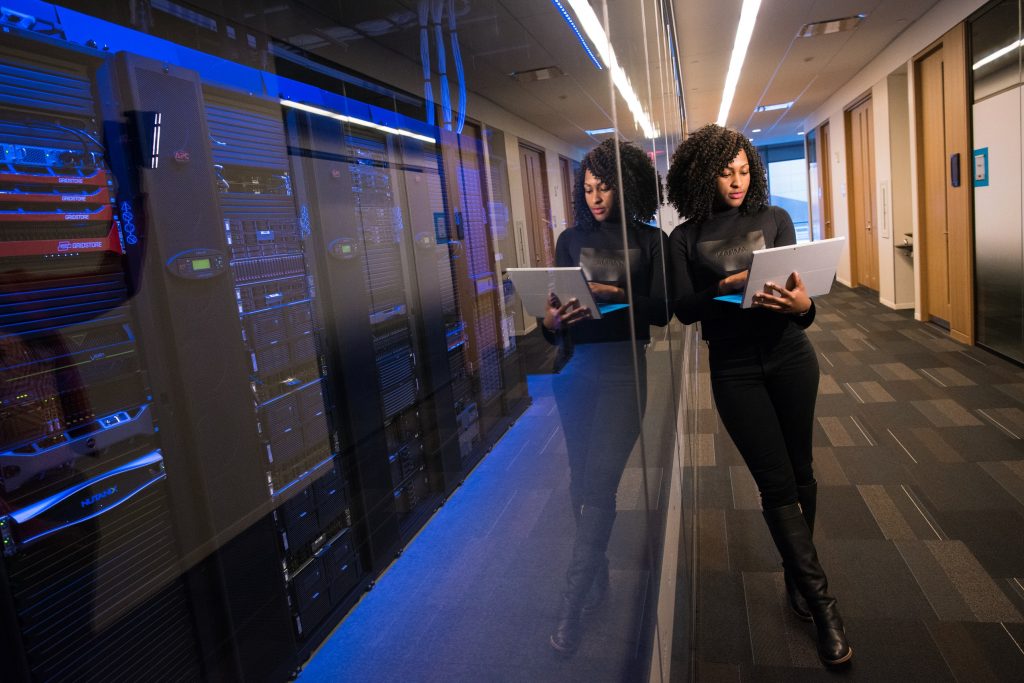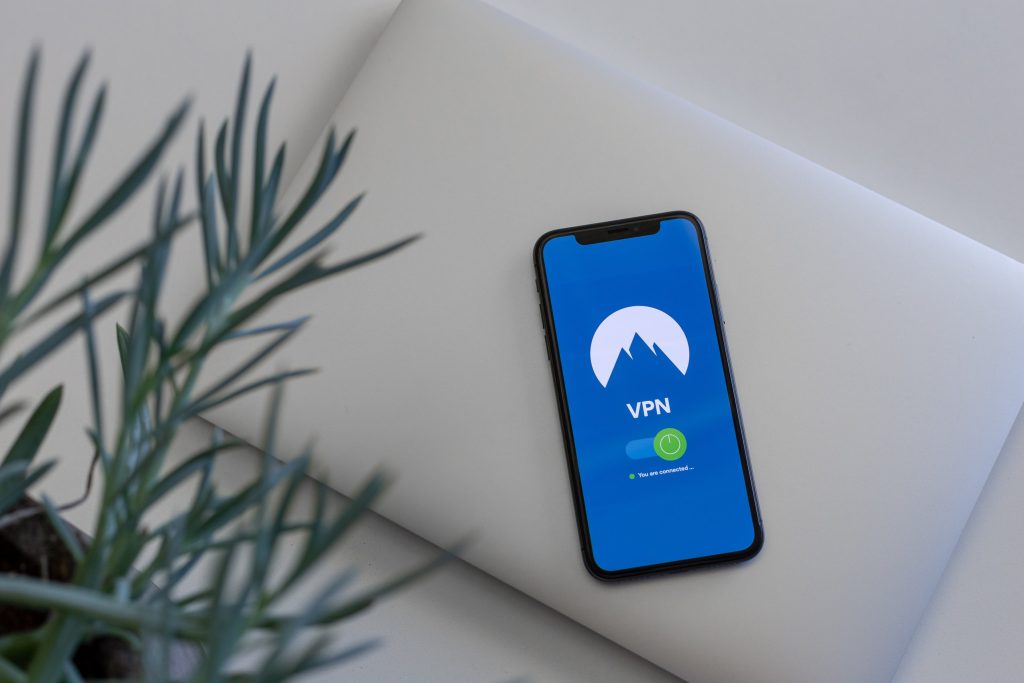A VPN is a robust security tool, but it has its limitations and is not a panacea for all security issues. While VPNs provide end-to-end encryption and are ideal for securely accessing your work network remotely, they are not designed to make you completely untraceable.
Although VPN traffic is encrypted, law enforcement could still potentially request user logs from VPN providers, compromising your anonymity.

Furthermore, using a VPN along with others can create complications if you access services that restrict multiple accounts from the same IP address. Service providers may not recognize that you are using a VPN and could penalize you for multiple accounts perceived under a single IP. Additionally, some online services ban the use of VPNs to avoid complications with location spoofing and multiple account use.
Despite these issues, VPNs are valuable for enhancing online security. They effectively protect your data from common cyber threats, though they do not guarantee anonymity.
When choosing a VPN provider, opt for one that is reputable and transparent about their logging policies to avoid potential risks. Be aware that using a VPN might also lead to region-locking issues, such as being unable to access certain content on streaming services like Netflix.
VPNs are not a standalone solution but part of a broader security strategy that should include local encryption, secure passwords, antivirus software, firewalls, and regular backups. Incorporating these elements ensures a comprehensive approach to safeguarding your data and maintaining your privacy online.
Should I Always Use a VPN?
Although it is not necessary to use a VPN for basic internet browsing, it is recommended when handling sensitive data or accessing personal accounts. The primary benefit of a VPN is to safeguard your personal or business information from potential malicious actors, ensuring your data remains secure and private.
A VPN uses tunneled protocols to secure your internet traffic, ensuring that data remains intact and protected from any potential interceptors along its path. This not only enhances connection speed and response times but also provides an essential layer of security for your online activities.
Should you use a VPN all the time? It depends on your online activities. For instance, if you regularly engage in any of the activities listed below, it’s wise to keep your VPN enabled constantly to ensure your data remains secure and private.
When To Use a VPN? 10 Critical Situations

As mentioned earlier, a VPN enhances your security and maintains your online anonymity, but it also serves several other practical purposes in your daily activities. Here are a few examples:
- Unblocking Regional Content on Netflix Streaming services like Netflix have regional restrictions due to licensing agreements. A VPN allows you to change your IP address and bypass these geographical limitations, accessing content globally.
- Accessing Online Bank Accounts Overseas Banks often restrict access to your accounts from foreign countries for security reasons. A VPN can connect you to a server in your home country, providing secure access to your finances while traveling.
- Securing Public Wi-Fi Connections Public Wi-Fi networks are vulnerable to cyber-attacks and data breaches. Using a VPN secures your connection, protecting your data from potential threats on unsecured networks.
- Blocking Malware Many VPN providers offer built-in options to block malicious software before it reaches your device, enhancing your online safety.
- Avoiding ISP and Web Tracking Internet Service Providers often monitor your online data, potentially limiting your internet freedom. A VPN masks your activity, allowing you to browse the internet without restrictions or surveillance.
- Bypassing Government Censorship Some governments impose strict internet censorship on various websites for political, religious, or moral reasons. A VPN changes your IP address, enabling access to blocked sites.
- Using WhatsApp in China In China, where the government blocks many international websites and apps, a VPN can help access services like WhatsApp. However, ensure the VPN service is not banned in China by checking resources like GreatFire.org.
- Circumventing YouTube Censorship Certain YouTube content may be blocked in your country due to regional restrictions. A VPN allows you to bypass these blocks and access any content freely.
- Accessing Disney Plus and Other Streaming Services Like Netflix, Disney+ and other streaming platforms are often unavailable in many regions. A VPN enables access to these services, regardless of geographical restrictions.
- Watching the NBA and Keeping Up with Events If you’re an NBA fan living outside the accessible broadcast zones, a VPN can help you stream games and stay updated with events that may otherwise be geographically restricted.
See also: CroxyProxy YouTube: Unblock YouTube
Using a VPN can significantly enhance your online experience, offering both security and freedom across various activities. It’s a versatile tool that addresses many common issues faced by internet users today, making it an essential component of your digital toolkit.
Related posts:
- Creating your own VPN server on DigitalOcean droplet
- How Long Do ISPs Keep Browsing History
- Make torrenting a much better experience with VPN
- Why You Need a VPN for Your Android Device
- VPN Hack – How to Track VPN Users?
- VPN Scam – 5 Ways to Spot Scam VPN Apps
- How to Hack WiFi Password
- How to find someones IP address from Facebook
